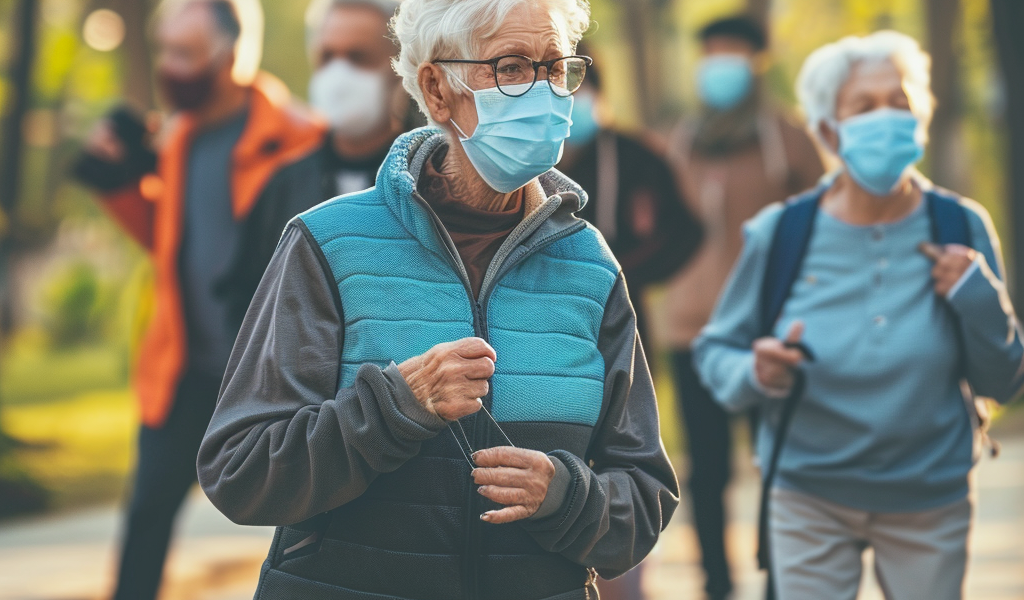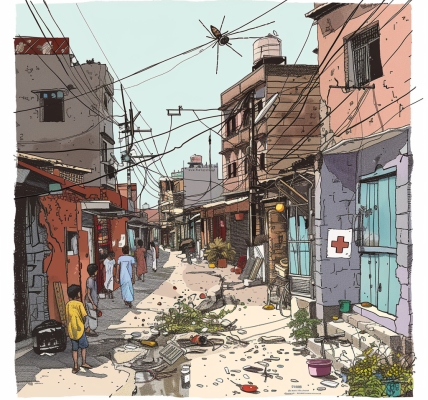RSV Increases Health Risks Among Senior Citizens – Expert
Respiratory syncytial virus (RSV) poses a significant health risk to senior citizens due to their weakened immune systems, according to an infectious disease expert. RSV, a common and contagious virus, manifests with mild symptoms including cough, colds, congestion, fever, headache, runny nose, sore throat, and tiredness.
During a media panel discussion at the Grand Hyatt Manila in Taguig City, Philippine College of Physicians president and infectious disease expert Dr. Rontgene Solante highlighted the spread of RSV through symptoms like coughing and sneezing, with each infected person potentially affecting three others on average. Older adults infected with RSV can remain contagious for an extended period compared to others.
Dr. Solante pointed out that relaxed hygiene practices post-Covid-19, such as reduced mask-wearing, increase the susceptibility of Filipinos to RSV. The RSV season in the Philippines typically occurs from September to February, peaking between October and December, leading to 60,000 to 100,000 cases of hospitalization among senior citizens annually.
The infection can worsen existing health conditions, particularly in patients with asthma, heart disease, diabetes, and chronic obstructive pulmonary disease (COPD), significantly elevating the risk of hospitalization and complications.
Dr. Lenora Fernandez, a pulmonary expert, mentioned the lack of targeted treatments for RSV in adults, emphasizing the importance of supportive care, vaccination, hand hygiene, mask-wearing, hydration, rest, avoiding smoking and vaping, a balanced diet, and regular exercise to prevent RSV among the elderly.
Despite the threat of RSV, geriatrics expert Dr. Lourdes Carolina Dumlao highlighted that senior citizens can still achieve ‘healthy aging’ through proactive measures and lifestyle choices.





